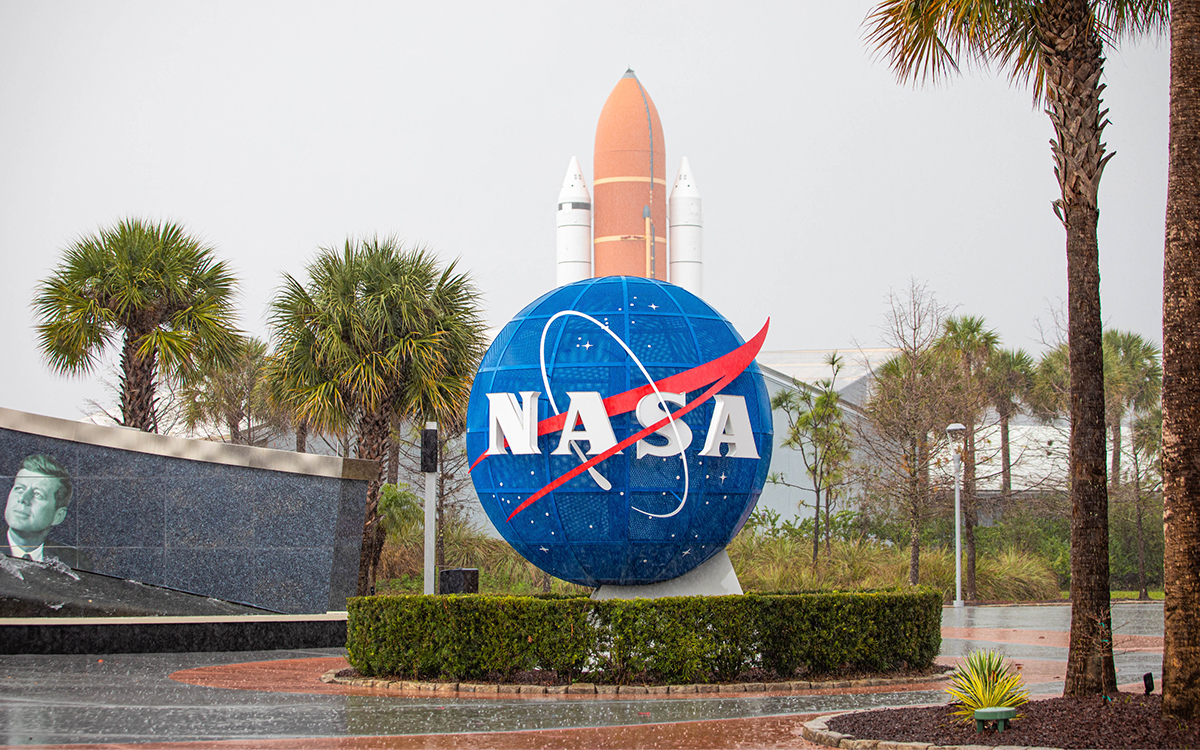NASA has just reached a new technological milestone that will extend the time spent in space for astronauts. Indeed, it now manages to recycle up to 98% of their urine, thus providing them with a large quantity of healthy water to drink during long trips. To do this, the engineers of the American agency were probably inspired by Dune.
Beyond an untold mythology and a whole intergalactic political intrigue, Frank Herbert also imagined a revolutionary technology that is at the heart of his cult novel Dune: distills it. An absolutely vital device for the Fremen, it recycles almost all of the water evacuated by its user’s body in order to constantly hydrate it during its wanderings in the desert.
However, as often in recent times, reality has finally caught up with science fiction. Indeed, NASA has just announced a brand new crucial technological advance in its project to conquer space. Thanks to the latter, the American space agency is now able to recycle up to 98% of the urine and sweat produced by astronauts on a mission.
Related —NASA Gives You the Opportunity to Send Your Name Into Space with the Europa Clipper Mission
Astronauts will (almost) never run out of water again thanks to this technology
Just like the distiller, this “urine processor” as NASA calls it is responsible for distilling the waste evacuated by the astronauts to keep only drinking water. This process already existed before, but only made it possible to recycle 93% of the urine produced. This technology is also complemented by an “advanced dehumidifier” capable of capturing the water molecules contained in the breathing and perspiration of astronauts.
Of course, these advances serve a specific purpose: allow astronauts to stay in space the longest and, one day perhaps, enable a mission to as yet uncharted areas of the galaxy. “The less water and oxygen to carry, the more scientific launch data the vehicle can carry”explains Jill Williamson, project manager. “Reliable and robust regeneration systems allow the crew to not have to worry about it and to concentrate on the real objective of their mission. »
Source: NASA
